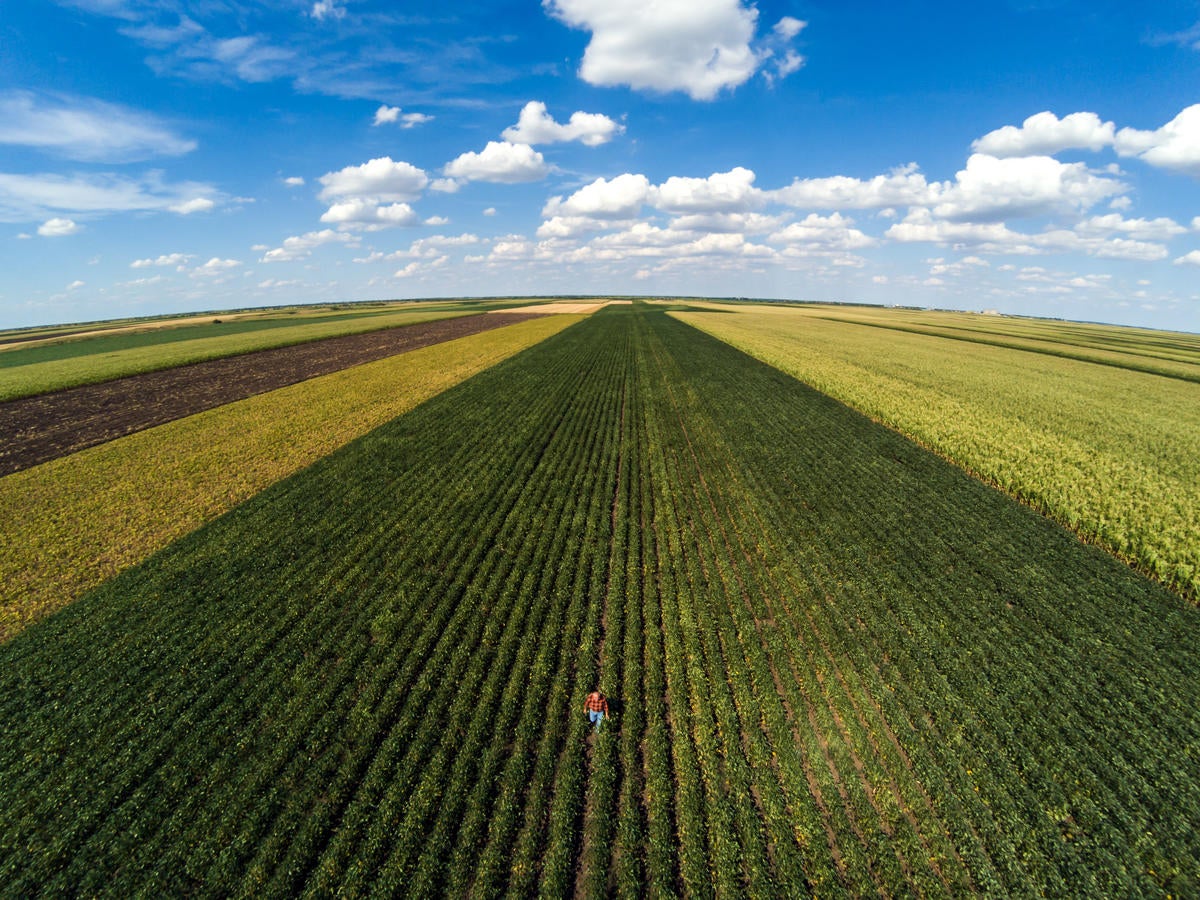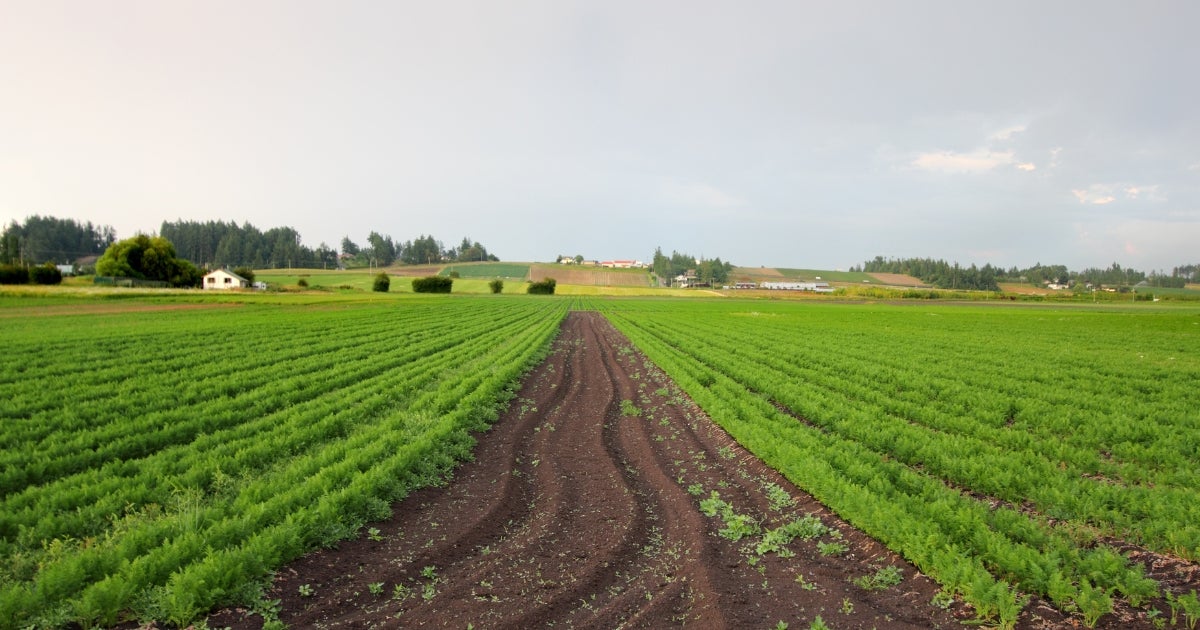Next week, the international climate community will convene in Bonn for the 62nd session of the UNFCCC Subsidiary Bodies (June 16-26, 2025), or SB62. SB62 marks a critical milestone on the road to COP30 in Belém, Brazil, shaping the preparation and setting the stage for the negotiations.
The meetings in Bonn will be guided by a central principle set by COP30 Presidency: the idea of “global mutirão,” the power of collective action to achieve goals no single actor can accomplish alone. Brazil has launched this initiative to identify common ground across regions and sectors, finding areas of convergence that can drive ambitious climate action forward. The Presidency has underscored the urgent need for this collaborative approach, particularly at SB62, to rebuild the multilateral trust strained during COP29 and by widening geopolitical rifts.
Answering the global call for climate action, the Environmental Defense Fund (EDF) is putting the spirit of “mutirão” into practice. At its core, EDF’s “mutirão” is already in our DNA. We play a unique role working with partners and allies across society – from local communities, major companies, Indigenous Peoples, governments and more – to find the shared goals that lead to groundbreaking solutions. Embracing collaboration and partnership has led us to impactful wins for planet and people: from supporting Indigenous Peoples’ participation in UN spaces to conserve forests, to gathering national oil companies together under an ambitious goal to slash methane emissions. Our commitment to this inclusive approach is essential for rebuilding the global trust needed for swift, fair, and ambitious climate action that delivers.
Here are the thematic issues and topics EDF will be actively engaged in during SB62:














